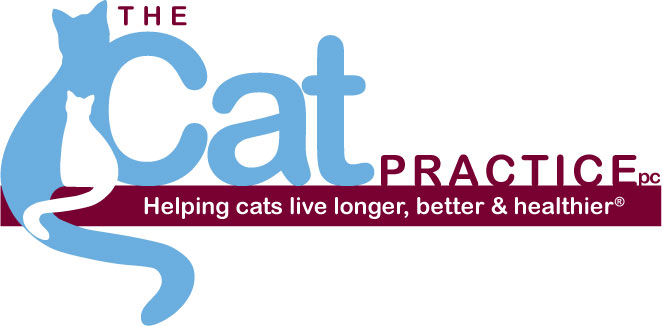For Cats Age 7 and Older ("Middle Age" and Up)
Annual Care:
Blood work to evaluate:
Liver and kidney function
Blood sugar levels
White and red blood cell counts
Urinalysis (for kidney function and urinary tract health)
Rabies vaccine
Thyroid screening
Fecal testing for intestinal parasites
(2x annually for indoor cats; 3–4x for outdoor cats)
Twice-Yearly Care:
Dental exam
Ear screening (infections & mites)
Weight / body condition evaluation
Blood pressure check
Mammary gland exam (for females)
Pain assessment
Abdominal palpation
Anal glands check
Eye exam
Genital exam
Heart & lungs check
Skin & fur exam
Behavior / life enrichment evaluation
All cats should receive at least 2 feline leukemia and 2 FIV tests over their lifetime.
Bi-annual Physicals for Cats
Cats mature quickly. A 1-year-old cat is roughly equivalent to a 15-year-old human — and by age 2, a cat is comparable to a 25-year-old adult.
That’s why we recommend twice-yearly physical exams for all cats. Bi-annual exams help us detect health concerns early, before they become more serious or harder to treat.
For Cats Under 7 (Healthy Adults)
These cats should receive:
Annual blood work
Two full physical exams per year
Regular visits help identify subtle changes in your cat’s health that might otherwise go unnoticed.
For Cats That Spend Any Time Outdoors
Discuss with your veterinarian to determine if the following are right for your cat:
Annual feline leukemia and FIV testing
Strategic deworming

